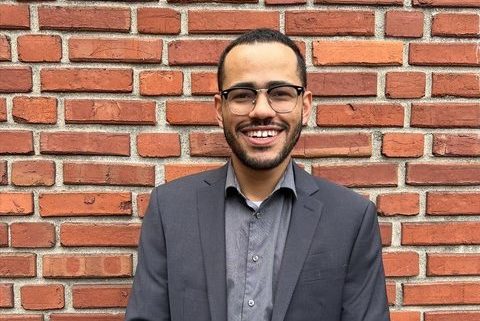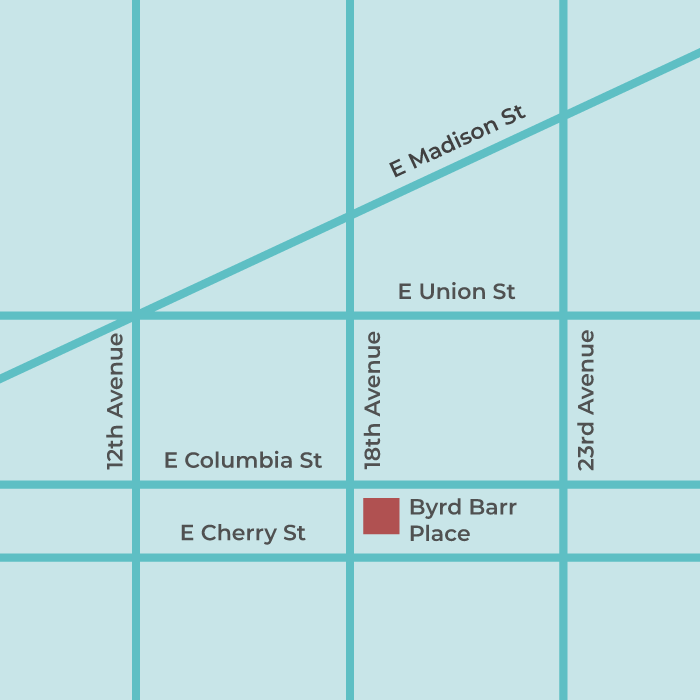Tafari Maynard recently joined as our new director of operations, and is responsible for leading programs and staff, while making sure hospitality,dignity and equity are at the core of Byrd Barr Place’s services and advocacy.
In this Q&A, Tafari shares about his upbringing and what drew him to service work, as well as what he likes to do outside of work. Read more to get to know Tafari.
Q: Please tell us a little bit about yourself and where you grew up?
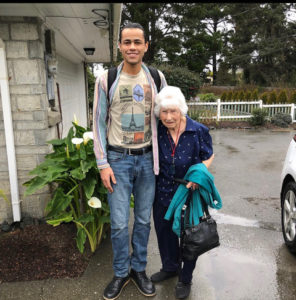
I was born in the San Francisco Bay Area and grew up between there and St. Croix in the U.S. Virgin Islands. I was raised in a Rasta household.
Growing up in a Rasta household was the catalyst for a life of service. A principle that is inherent in Rastafari is the idea of universal oneness. Instead of using the term ‘we,’ Rasta use ‘I and I’ to acknowledge our shared humanity.
Rastas value intentionality in everything from linguistics to diet. We don’t argue, we reason. We overstand rather than understand. We eat Ital, which means free of all animal products and processed foods. I had unmanicured dreadlocks that I didn’t cut until I was 14 years old, when they were well past my waist.
Because I was visibly Pan-African, folks would often engage with me in discussions of racism and race.
Q: What drew you to work at Byrd Barr Place?
As I mentioned, service to community is a huge part of Rastafari. My father’s spare bedroom was always occupied with someone he was helping back to their feet. It’s what inspired me to be in service to community.
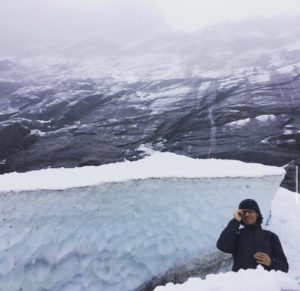
I have always been of a mind that real change can only come about through grassroots, community-based work. When I was introduced to Byrd Barr Place and learned of their decades of community work, I really began to see myself in this industry.
Policy and advocacy work are where my passion lies. While it is imperative that we support our community in their food and housing security, we also must go to the root of the problem and reform the systems that allow for such blatant disparities in wealth and health.
Q: Byrd Barr Place’s mission is to create an equitable future for all Washingtonians. What does an equitable future look like to you?
For me, in order to create an equitable future, we must prioritize those that have been historically marginalized on this land. Byrd Barr Place — formerly CAMP — was born from a need to serve Seattle’s Black population, a community that has for too long been the fuel on which this country runs.
While we now seek to serve and uplift all Washingtonians, our founding principles demand that we center the voices and experien
ces of those whom white supremacy has tried to erase. When the most marginalized people in our society have the same access to opportunity as the most privileged, I will proudly say that we have reached the equitable future we all strive to attain.
Q: What do you like to do outside of work?
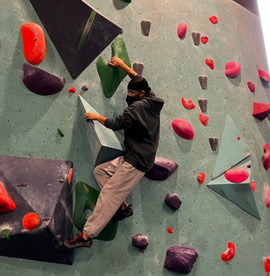
Outside of work, I love to play chess, swim in the lake, and cook delicious meals. Seattle has introduced me to bouldering and backpacking as well.
I’ve only done indoor bouldering thus far but am looking to take it outdoors asap. I get bored working out, so I really appreciate the instant gratification that I can get by completing a difficult climb. After a few routes, I’ve gotten a full workout.
My most memorable backpacking trip was Shi Shi Beach on the Pacific Coast. I saw a bear for the first time!
Q: What’s your favorite book or musical artist?
My all-time favorite author is Octavia Butler. R.I.P. Her book, Parable of the Sower, is a classic. My favorite musical artists are Hugh Masekela and Lauryn Hill.
Q: What gives you hope?
I feel genuine hope when I am in community with people who are striving to bring about an equitable world. As long as I am actively working to empower my community, the future is never bleak.
